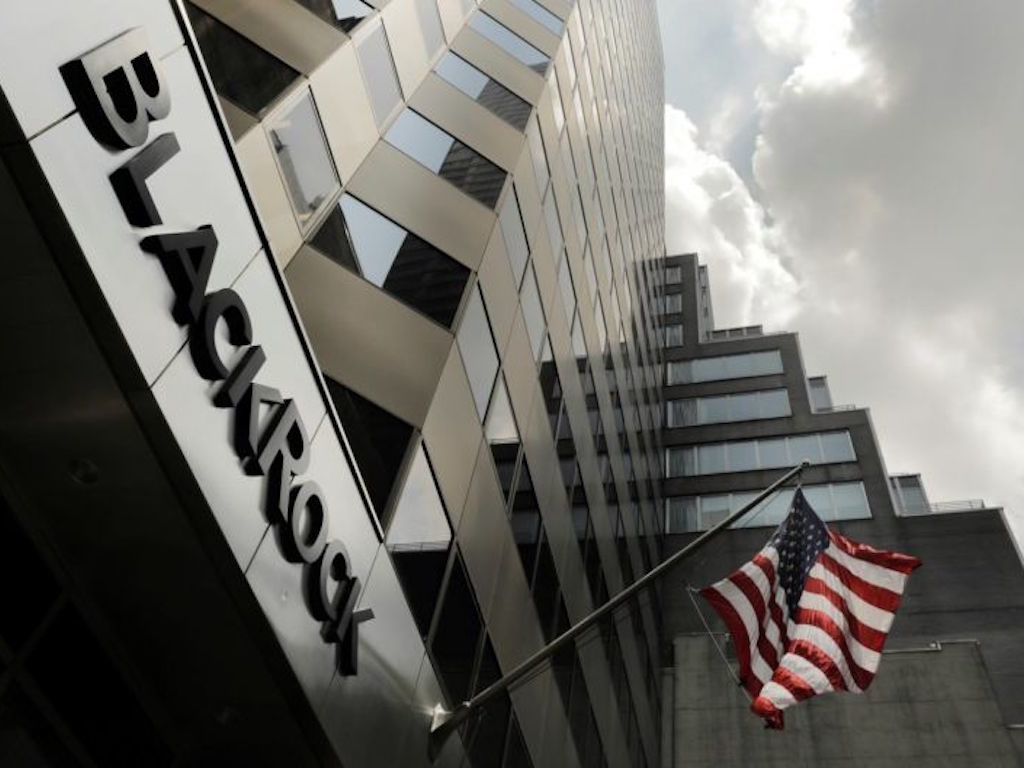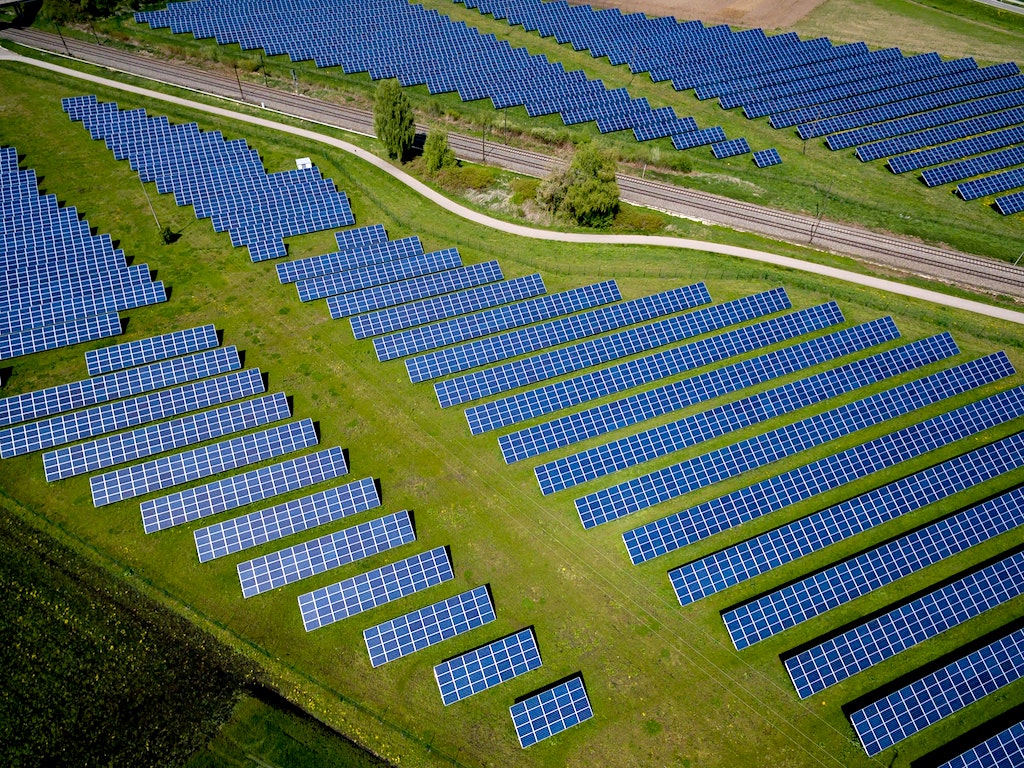3 Mins Read
A partnership between Goldman Sachs and Telos Clean Energy will see a new joint venture to develop, construct, own and operate distributed solar power projects for commercial and industrial customers. With up to US$275 million funded by Goldman Sachs under the new solar project joint venture, the move reflects the pressure for financial institutions to shift towards more sustainable investment strategies amidst the climate crisis.
Earlier this March, United States-based renewable energy operator Telos Clean Energy announced the closing of a joint venture with the Alternative Energy Investing Group under multinational investment bank Goldman Sachs. The new joint venture will develop, construct and operate distributed power projects for commercial and industrial customers.
Under the partnership, Goldman Sachs can invest up to US$275 million to fund the activities of the joint venture, while Telos Clean Energy provides the development and construction expertise needed to manage the projects.
Commenting on the new joint venture, CEO of Telos Andrew Chester said: “We are thrilled to be working with the Alternative Energy Investing Group at Goldman Sachs. Specialising in development, construction and asset management, this joint venture will allow us to scale and execute at pace.”

Read: Solar energy is now cheaper than coal-fired power in hundreds of Chinese cities
Vivek Kagzi of the Alternative Energy Investing Group at Goldman Sachs added that the joint venture represents an “example of our commitment to investments in the distributed solar space.”
While the banking industry at large continues to underwrite global heating projects, it has come under increased scrutiny in the public eye in recent months to take greater action on the climate crisis. In December last year, Goldman Sachs updated their policy to rule out all future financing of oil drilling activities in the Arctic, citing the scientific consensus on climate change as their main reason. The bank also pledged to invest US$750 billion towards sustainable development in climate transition finance over the next decade.
Due to the heightened pressure, other financial institutions and corporations have also changed tack. After being widely criticised for greenwashing for its refusal to align their investment practices with the advice of climate change scientists, the world’s largest investment management firm BlackRock recently signed onto the Climate Action 100+ pact.

Read: 1 million homes in Seoul to become solar powered by 2022
In the announcement, the firm pledged to shun fossil fuel stocks and press all companies in their massive portfolio to change their operations to meet the Paris Agreement goal to limit temperature rise to under 2 degrees celsius.
A recent Mazars-OMFIF report also revealed that central banks across the world are now planning regulatory changes to tackle the climate crisis, from introducing climate stress tests to setting sustainability criteria.
Given that the oil and coal industry is at the core of our climate crisis, spewing out massive amounts of greenhouse gas emissions to drive global warming, investment that promotes the global transition to clean energy is vital. While Goldman Sachs’ new joint venture is a step in the right direction, more action still needs to be taken to redirect the current fossil fuel subsidies towards clean energy.
According to a report by the Global Subsidies Initiative, one of the ways we could achieve this worldwide is through redirecting subsidies – just a 10% to 30% diversion of the annual fossil fuel subsidies towards renewables would pay for a global transition.
Lead image courtesy of Unsplash.




